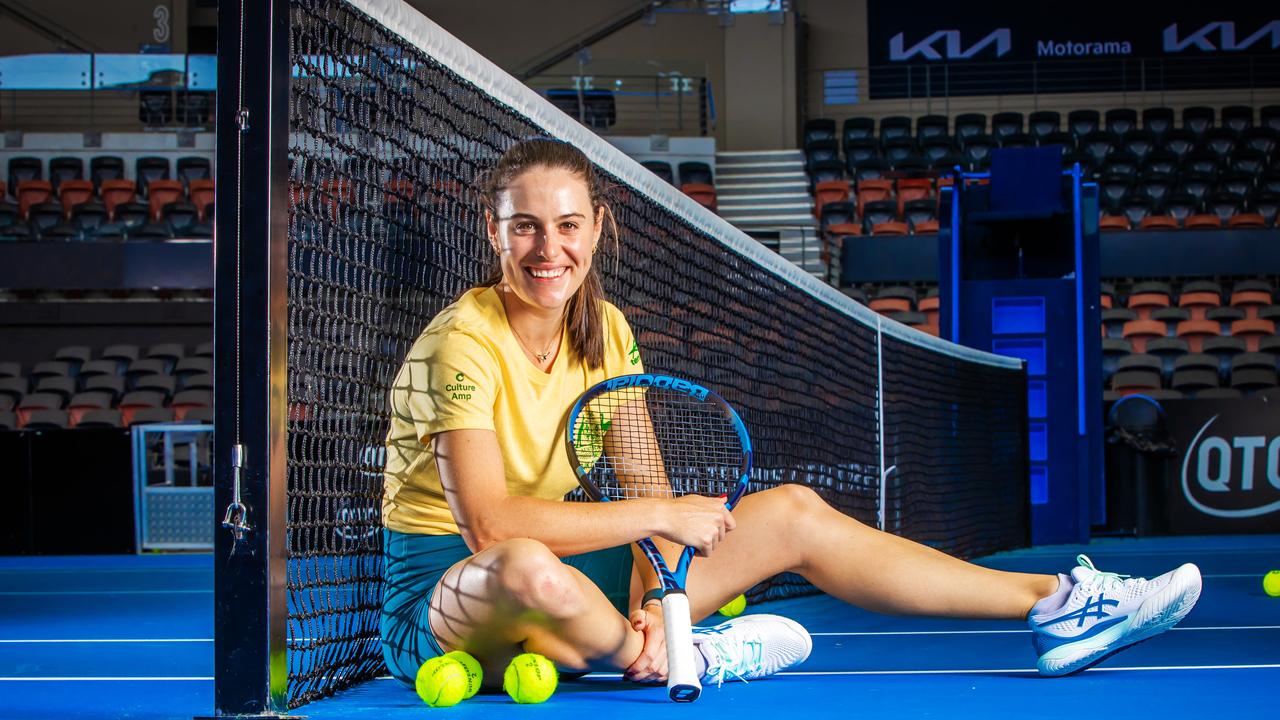Danger in horse flu vaccine, leading vet says
THE racing industry's push to vaccinate horses against equine influenza could have a devastating effect on the horse population, according to a leading veterinarian.
THE racing industry's push to vaccinate horses against equine influenza could have a devastating effect on the horse population, according to a leading veterinarian.
In a speech to be delivered in Melbourne today, James Gilkerson, a past president of the Equine Veterinarians Association and a virologist at the University of Melbourne, will also discuss how the federal Government failed to control the EI outbreak last year, despite having a system in place to do so.
The AusVet Plan, which recommended the EI vaccine be registered for importation because of the high risk of an outbreak, was put to the federal government in mid-2006 but it did not act on the advice.
"Avian flu was deemed to be the more immediate threat ... and the (EI) vaccine was not registered," Dr Gilkerson said.
The vaccine was not administered in Australia until September 29, five weeks after the outbreak was identified.
It is still not formally registered, largely because of the dispute over whether horses should be vaccinated against the disease in advance of any future outbreak.
Dr Gilkerson said yesterday the call by prominent racing figures to selectively vaccinate horses against the disease was "terribly mistaken".
"It puts the rest of the industry at risk because it effectively disguises any outbreak and makes it very difficult to detect -- and stop its spread -- until it's too late," he said.
Dr Gilkerson said the better option was to improve Australia's quarantine system and to ensure faster access to the emergency vaccine should there be another outbreak.
He said the selective vaccination of horses would lead to a sub-population of immune horses that might develop the disease but not show symptoms, in the same way that some children who were immunised against chicken pox could still develop a mild form of the disease and spread it to others.
Dr Gilkerson argued that the infectious horses would not be detected until the devastating disease had spread into the general horse population.
As the racing industry is still reeling from the $1 billion loss caused by last year's EI outbreak, influential figures within the sport are furious about the opposition to their vaccination plan.
Racing NSW chief executive Peter V'Landys said yesterday: "That argument against vaccination, it's just the biggest load of crap."
He said there was a simple nasal test that allowed vaccinated horses to be tested for the disease.
He argued that, if properly conducted, the test would enable the spread of disease to be contained.
"It's a $20 test," Mr V'Landys said. "That's not a lot when you are talking about a $1billion loss.
"And like we saw last year, there's 40,000 people for whom racing is their livelihood."
Queensland Racing chief operations manager Mal Tuttle backs the stance by Racing NSW.
"The vaccine has been used quite successfully around the world," Mr Tuttle said.
Dr Gilkerson said the idea had no scientific merit.
"A horse that has symptoms might test negative one day, butthen develop it the next," he said.
"How long do you test for? It slows the whole (containment) process down."



